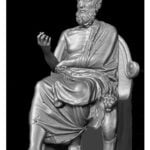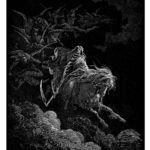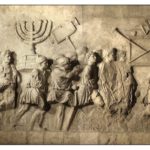
Death is inevitable. What it entails is largely unknown. Some believe that it permanently ends an individual’s existence; others that it simply provides a transition to another form of life. Most people fear it, but some consider it with equanimity. Among the latter are the followers of Epicurus, who claimed
Death is nothing to us. For what has been dissolved has no sense-experience, and what has no sense-experience is nothing to us.
(Epicurus, reported by Diogenes Laertius, translated by Inwood and Gerson, 1997, p 32; another translation is by Yonge, 1983, p. 474).
Epicurus proposed
that human beings are made of complex compounds of atoms. At death these
compounds dissolve, releasing the atoms to form other things. The body decays
and the soul evaporates. Once we are dead, we are no more. We cannot feel what
it is like to be dead. And the dead certainly cannot experience pain. Death should
therefore not be feared.
Epicureanism was
popular during the Roman period. A common Latin epitaph summarized the life of
the Epicurean as a brief interlude between the nothingness preceding birth and
the nothingness following death:
Non fui, fui, non sum, non curo
(I was not; I was; I am not; I do not care).
Read more










